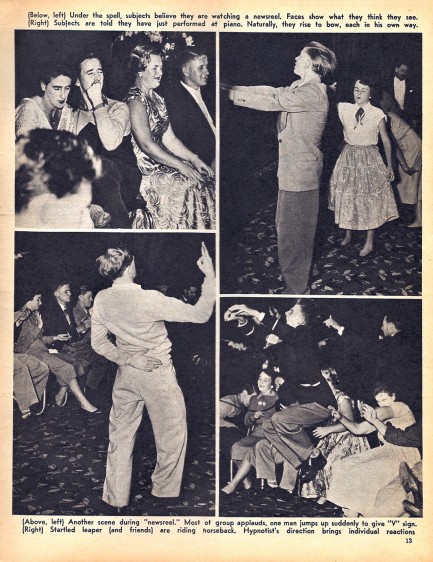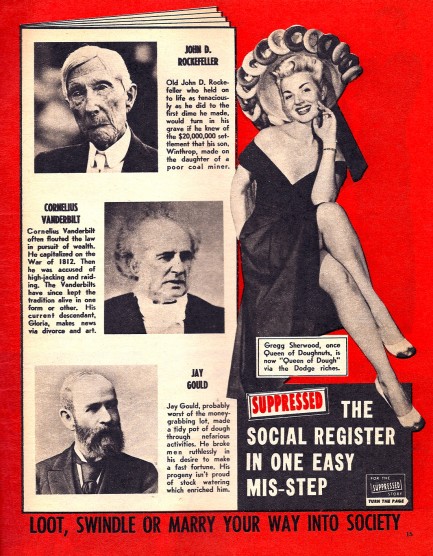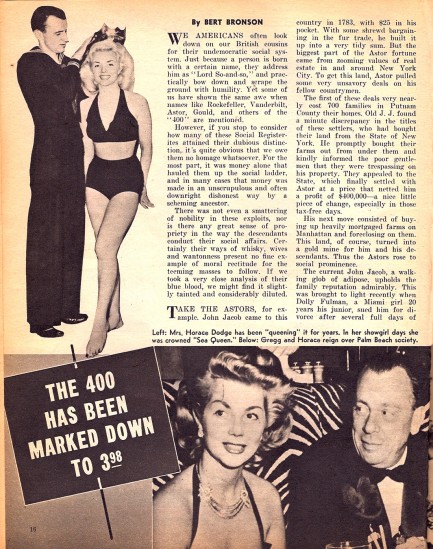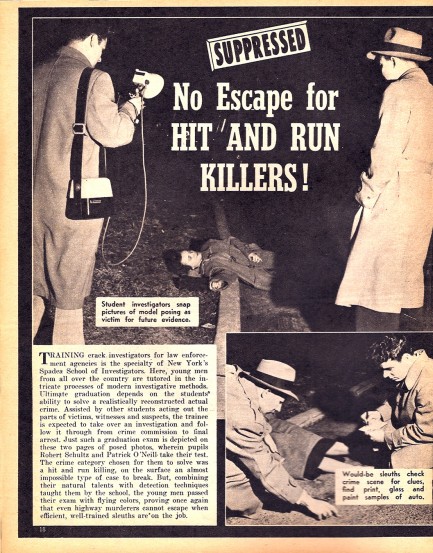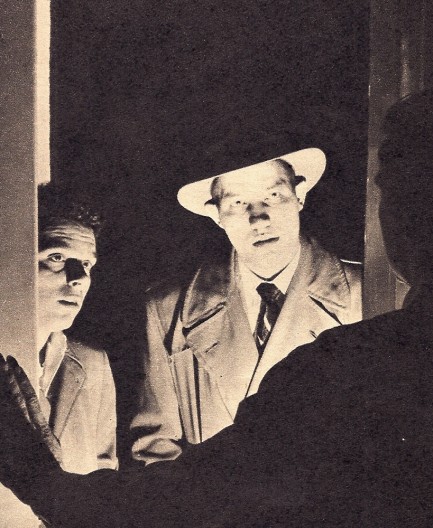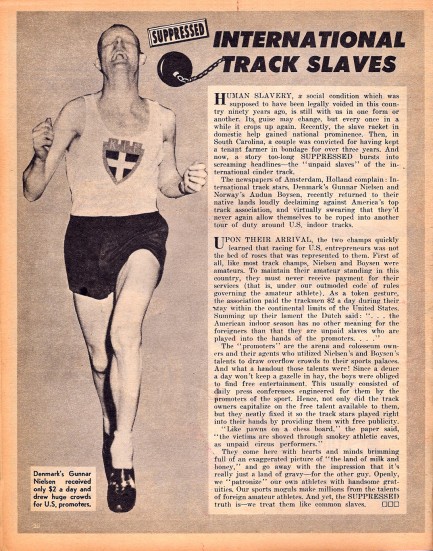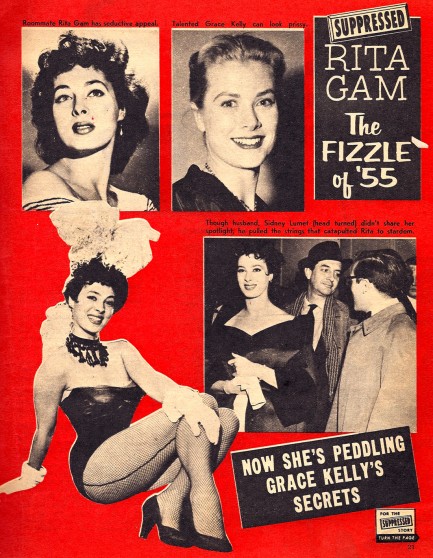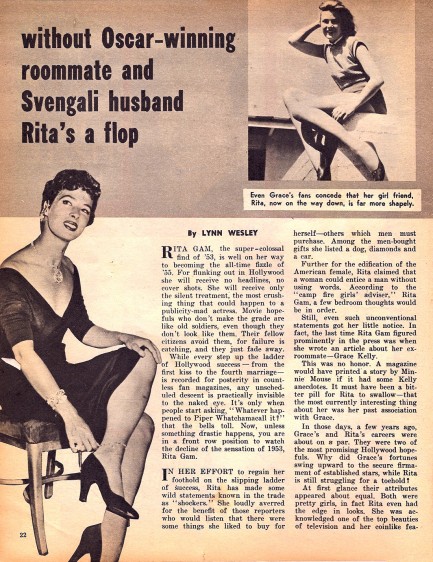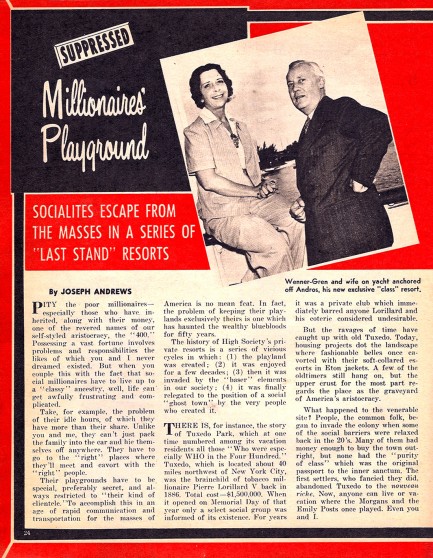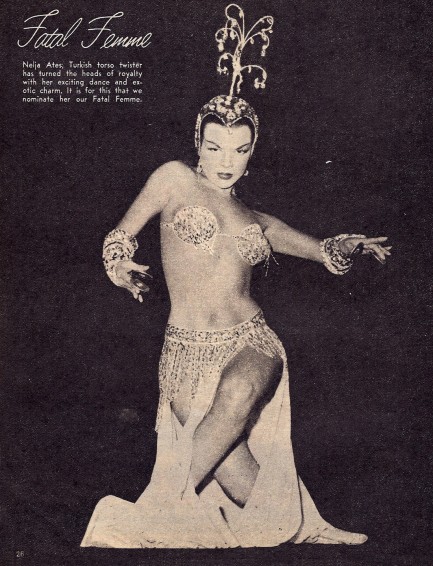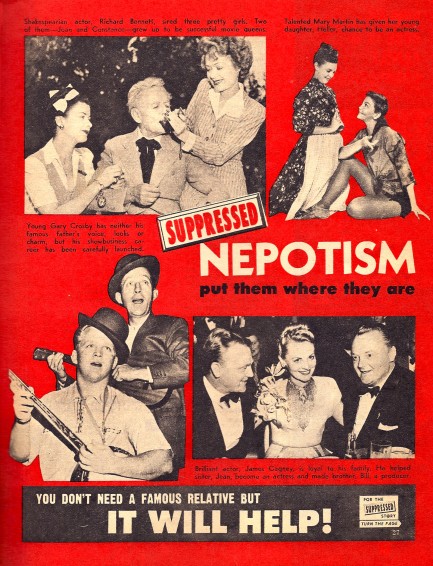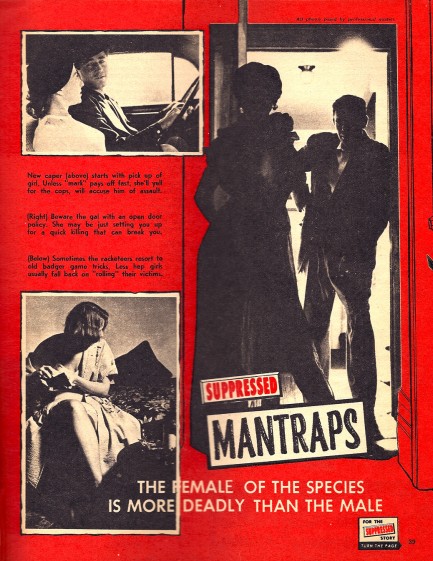| Femmes Fatales | Mar 30 2015 |

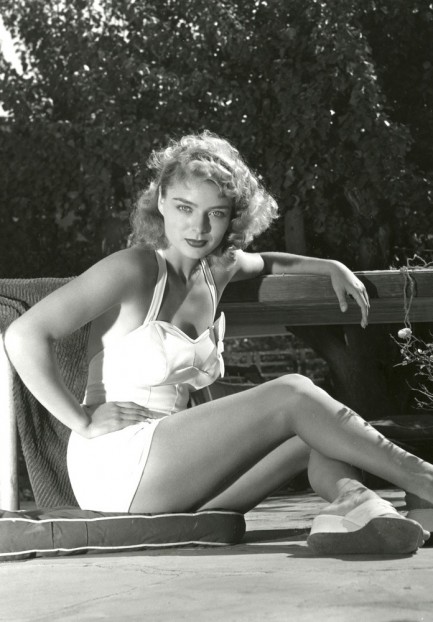
Mary Jo Tarola was born in Portland, Oregon in 1928 and by 1952 had established herself in Hollywood, first under the milquetoast moniker Linda Douglas, then under her own far more interesting name. Just two years into her career she married producer Pasquale “Pat” DiCicco. Not well known now, DiCicco was a bootlegger and pimp who became mafia boss Lucky Luciano’s lieutenant in Tinseltown. He was infamously abusive toward women—one dust-up with his first wife Thelma Todd led to her having an emergency appendectomy, and another with his second wife Gloria Vanderbilt involved him slamming her head into a wall. Tarola’s promising film career ended with her marriage to DiCicco, but at least she left behind a few choice artifacts like the above photo by photographer Ernest Bachrach. It dates from 1952 or 1953.
| Hollywoodland | Nov 8 2012 |

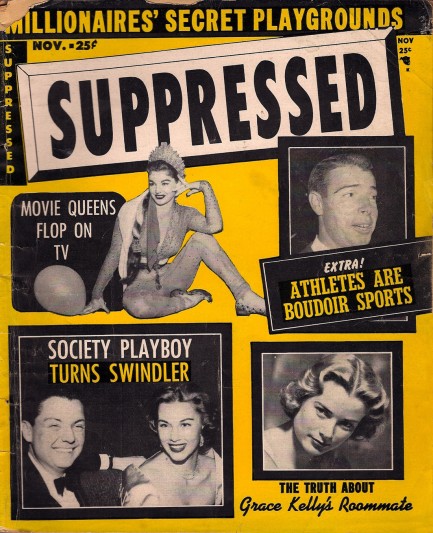
Above is the cover of the NYC based tabloid Suppressed from this month in 1955. This issue shows Suppressed in full bloom—bold, brash, fearless. Within the next two years a series of Hollywood lawsuits against scandal magazines would begin to make editors wary of being dragged into court for committing libel and slander, but 1955 was still the heyday for celeb bashing, and Supressed engaged in what might be best described as open warfare against film stars. Here’s a small sampling of some of the gut punches in this magazine:
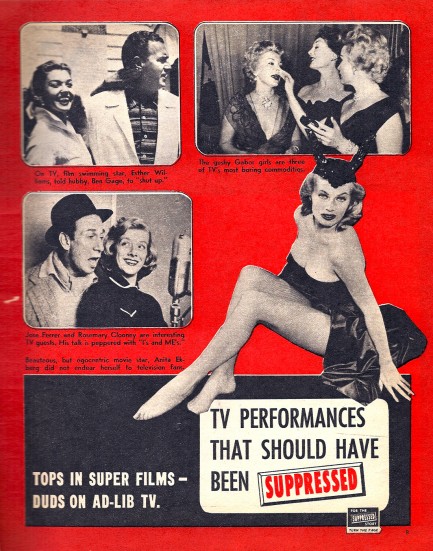
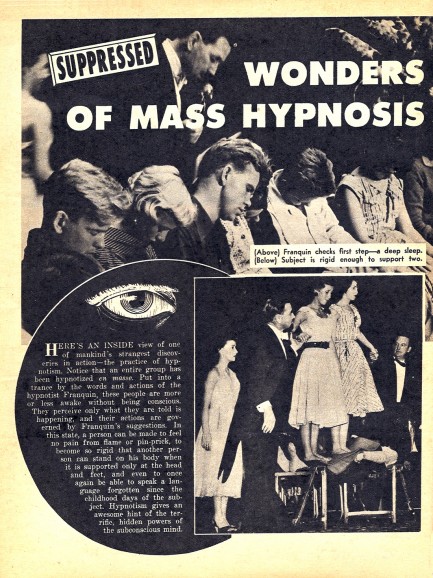 biggest newsstand seller in the U.S. These publications were powerful. Like modern American cable news, they assumed leading roles in making the public swallow false political memes—a commie under every bed, a black man in every bed, and the loose women who made it all possible.
biggest newsstand seller in the U.S. These publications were powerful. Like modern American cable news, they assumed leading roles in making the public swallow false political memes—a commie under every bed, a black man in every bed, and the loose women who made it all possible.